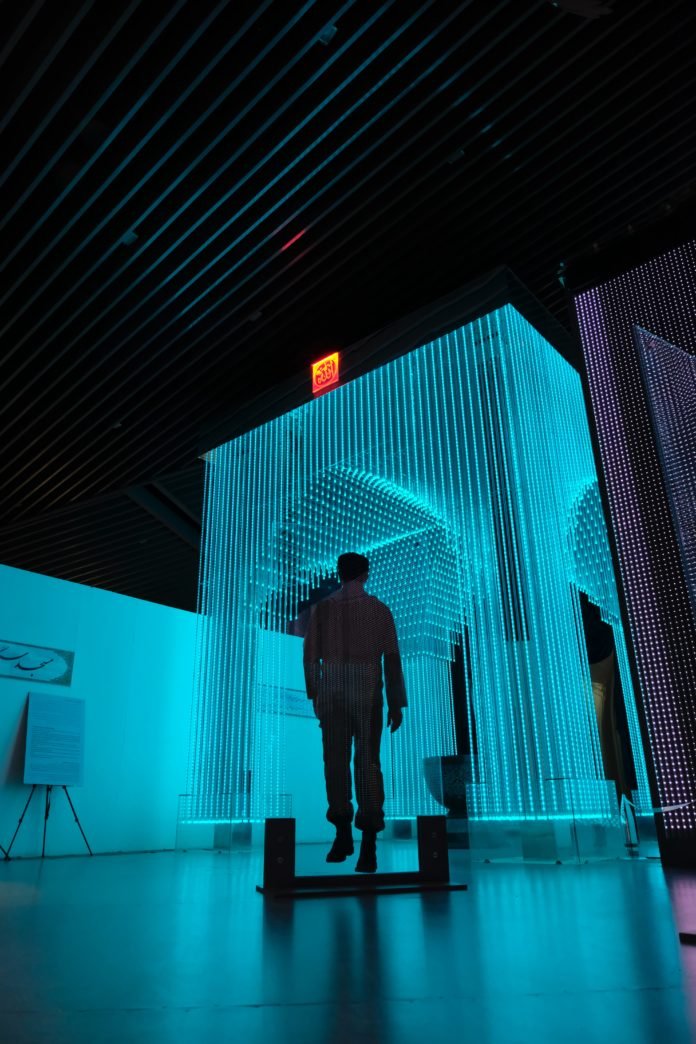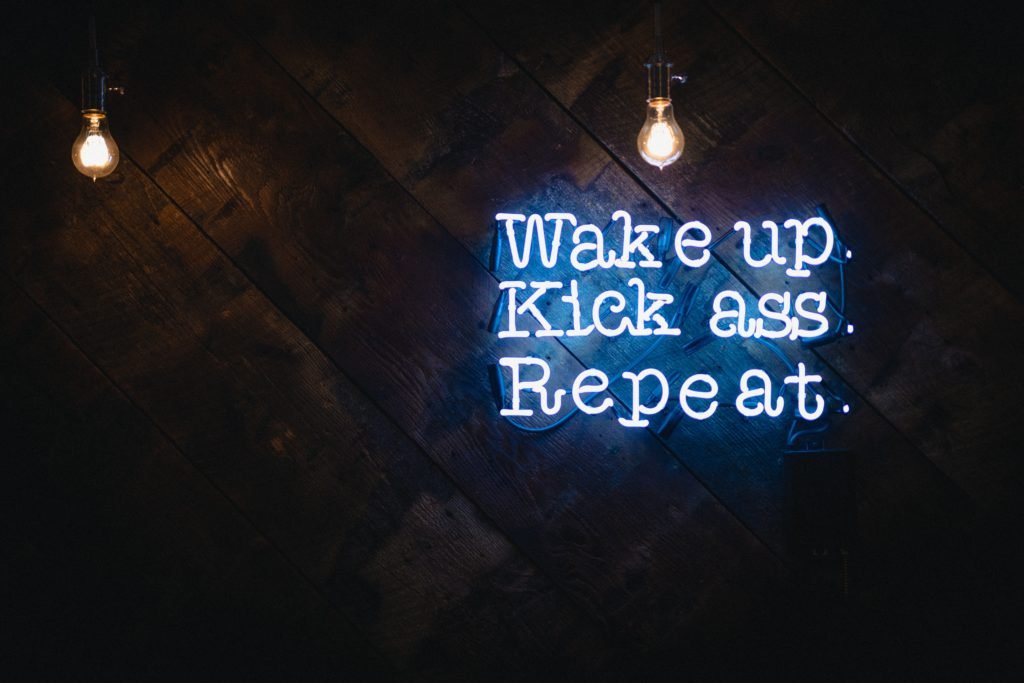Distraction delay strategies
“So, how time do you spend your weekend?” the water cooler chat begins. It may seem like a pleasant break from your hectic schedule during a busy day, but time passes and you discover yourself 15 minutes late for an appointment with your boss. And now the tension is back.
Our workspaces appear to be designed to interrupt our concentration at times. Even if you’re “got cold under” with work, you’ll probably read your email on a routine basis, read consumer Twitter remarks, or – despite your owner’s disapproval – look for cheap vacation flights on the internet.
So, how can we avoid distractions and improve our time management? In this article, we will discuss some distraction delay strategies.
- Plan for the Next Day the Night Before:
Consider making a list of two tasks that must be done for the day to be successful. The reason there are 2 factors is that the first task may take less time than planned or may need a precondition, making it nearly impossible to finish. The second task acts as a safety net.
Do these things initially, before reading emails, answering phone calls, or reading through a Twitter timeline, as these activities can easily undermine a day’s progress.
- Remove All Distractions:
Checking for data ahead of time may avoid it from disrupting a focused flow of work. You might choose to deactivate all notifications from your phone and desktop application. Consider only reading your email four times per day and reacting to each query twice. Managing your gadgets rather than enabling technologies to dominate you can help you to focus and distractions.
- Make Smaller Goals:
Major goals are fantastic for inspiring presentations, but they don’t help people concentrate on crucial tasks. Try splitting down all of your objectives into shorter, more manageable pieces. As a result, you may only need to concentrate for a shorter amount of time, increasing your chances of finishing the activity.
- Get Some Rest:
Adults need seven to nine hours of sleep a night to be healthy. Many small-business owners forego sleep in favor to work more hours and complete more tasks. Worst this “sleep debt” can accrue over a long period. Poor sleep might make it harder to remain focused and complete tasks to the best of your ability. Good sleep might help you focus and improve your overall health.
- Turn Off your Cellphone:
Even if we’re in the center of something essential, we feel obligated to pick up the phone when it rings. It may seem drastic but think about turning off your phone when you’re working or revising. Also, inform others around you that you’ll be unavailable for non-essential calls between particular times.
- Multitasking should be Avoided:
Instead of splitting your attention between such several tasks, make it a habit to focus one at a time. Even if you have a big must list, you’ll notice that finishing one task before starting another enables you to have a lot more done. Make a list of the things you wish to work on each day in order of importance. Then give oneself several high chores to accomplish — don’t just choose the first one that comes to mind.
- Play some Music:
It’s debatable whether listening to music improves productivity, but it’s occasionally preferable to nothing if you’re in a noisy work setting with chatter or car traffic. The group that had complete silence outscored the groups who were listening to music on school assignments.
In contrast, a five-week survey of developers at four separate companies found that when music was turned off after a week, mood and work quality were all at their worst, compared to 4 weeks with music. During the “no music” week, the workers also spent more time on duties than they expected. Those who benefit more from music at work are those who aren’t beginners but also aren’t specialists.
- Wear Earphones:
Although if you like silence, even wearing headphones sends a message to coworkers that they must refrain from disturbing you.
- Close The Door to your Workplace:
Another option is to close your office door to keep coworkers from interrupting your work. To eliminate distractions when working from home, identify an area in your home as your office.
- Deactivate Notifications:
Consider this: the goal of push notifications is to divert your attention away from whatever you’re doing. That’s exactly what a diversion is. Turn off all laptop notifications as a result of to avoid being distracted from your job.
References and Citations:

